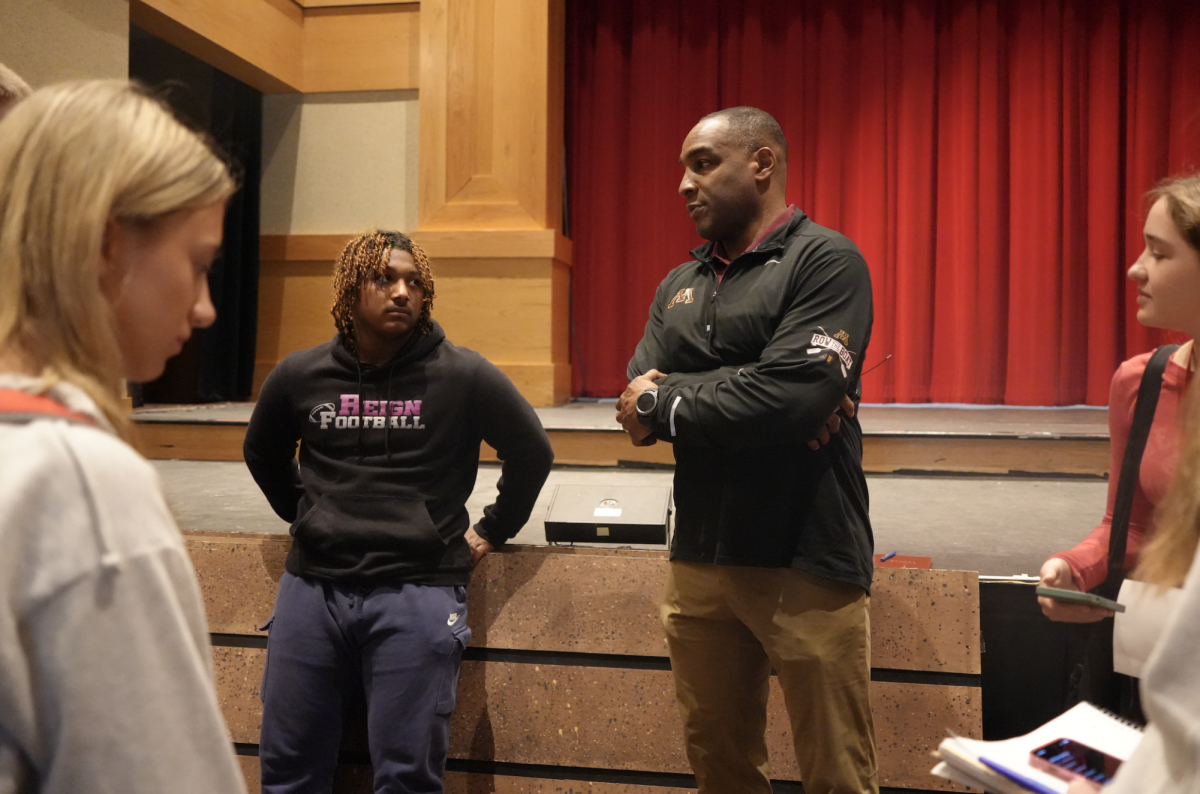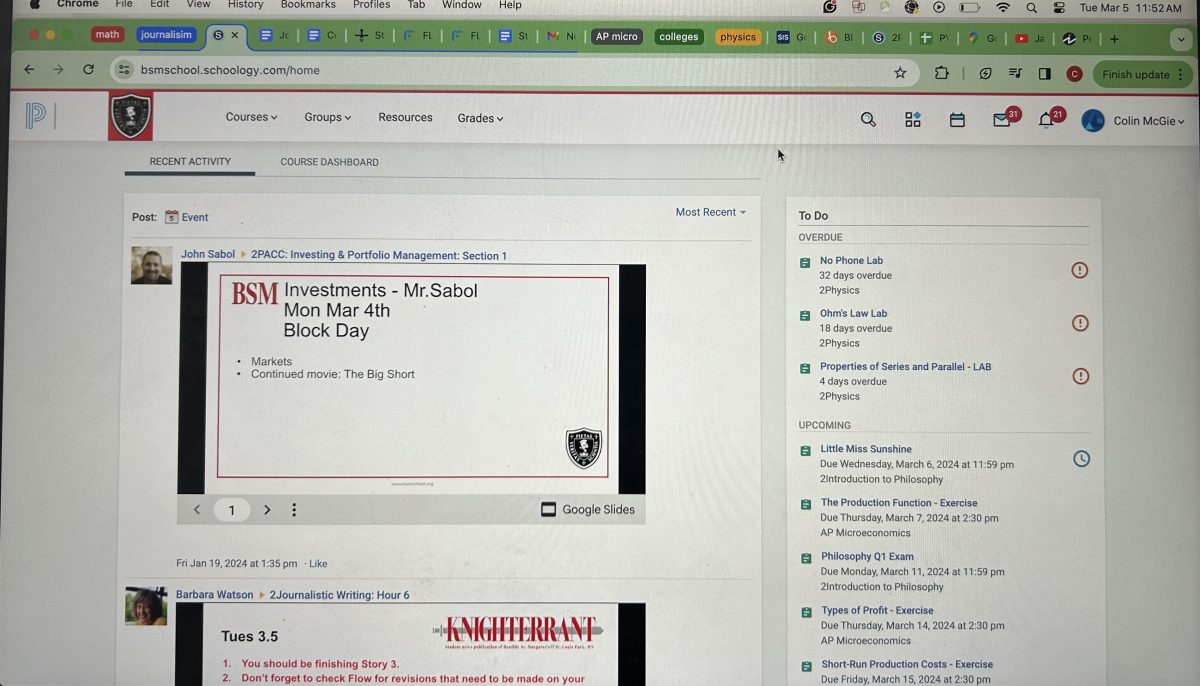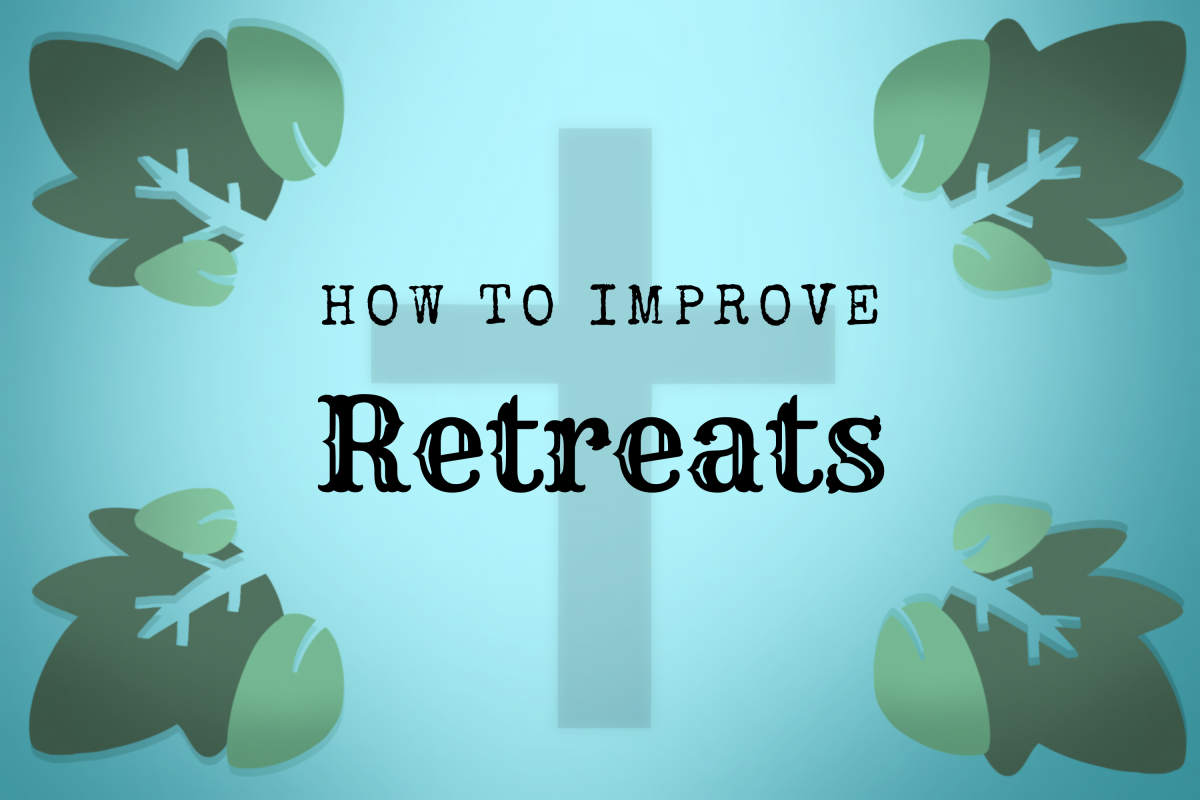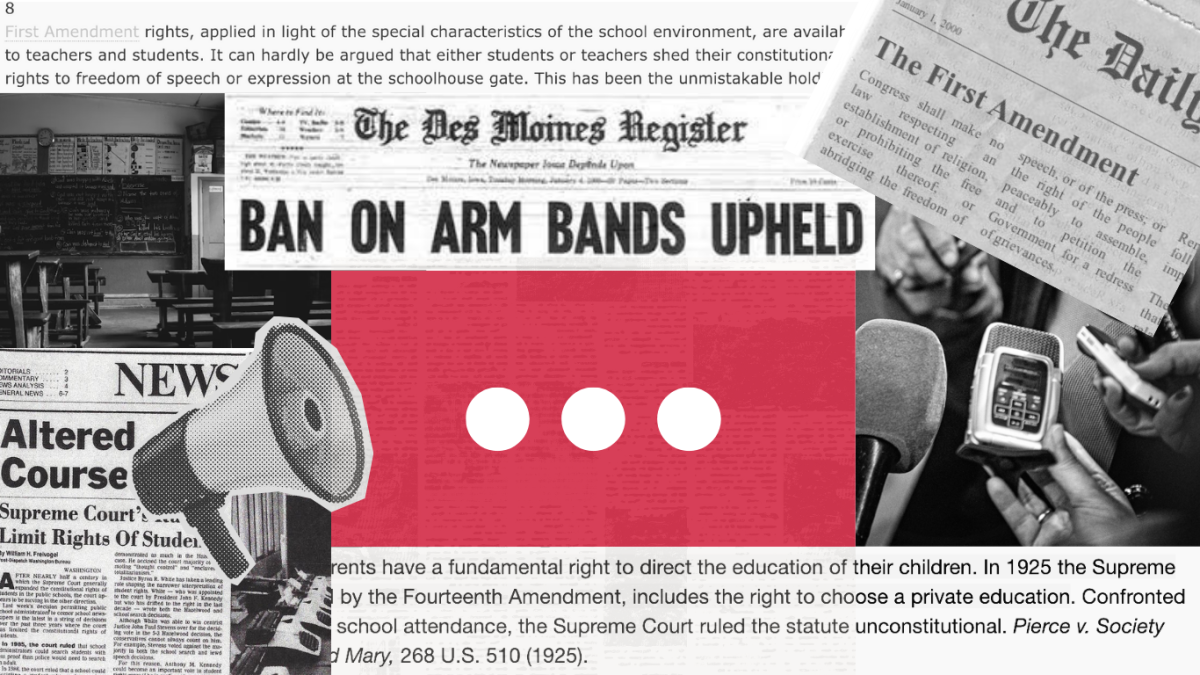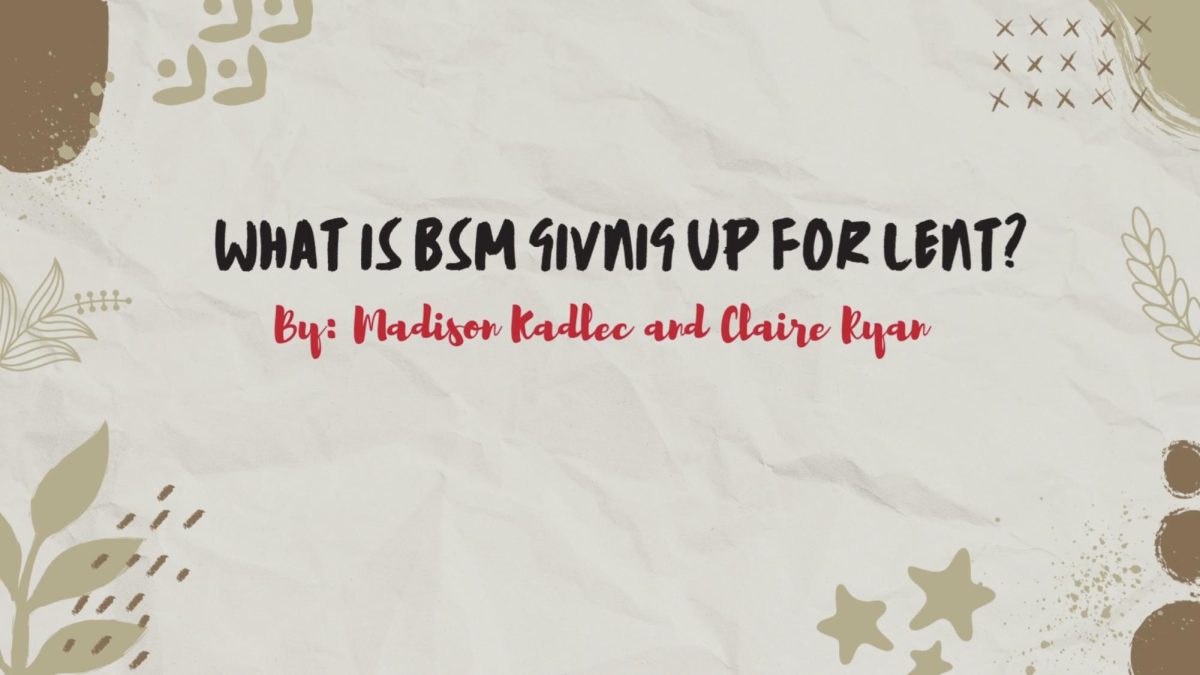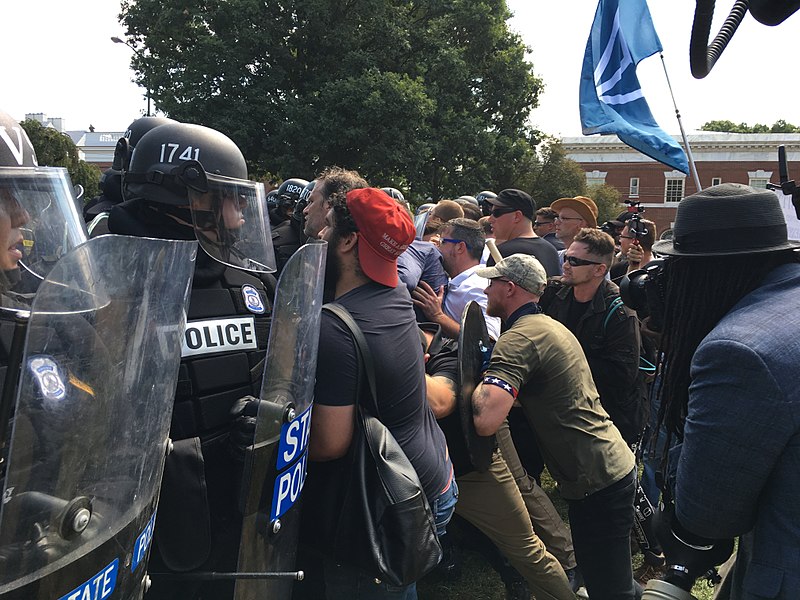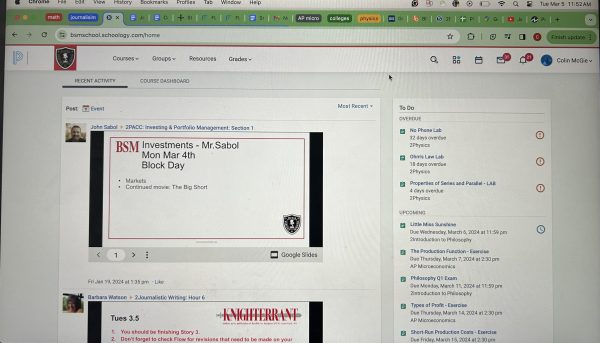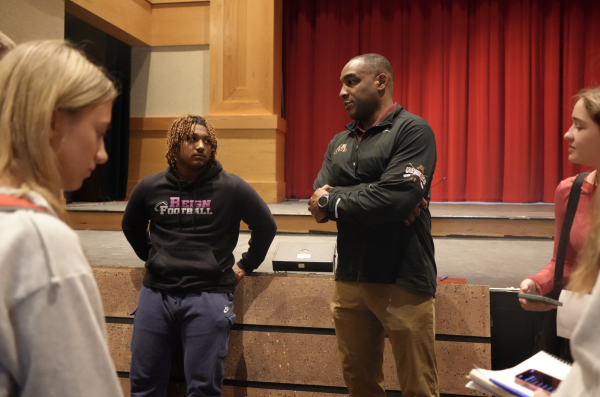Don’t respond to hate with censorship, instead protest
Censoring the far-right would do nothing besides set a lethal precedent regarding what people can and can’t say.
Evan Nesterak, Via Flickr, Creative Commons
White supremacist protesters violently clash with police in Charlottesville.
Freedom of speech is a staple of American life and democracy. Of course, this also means that American people have the freedom to perpetuate hate.
After the violent far-right rally in Charlottesville and while swastikas are painted in school bathrooms, a few questions come to mind: should Neo-Nazis, white supremacists, anti-Semites, or anyone part of any group that perpetuates violence and hatred towards people really have the right to free speech?
Censoring the far-right would do nothing besides set a dangerous precedent regarding what people can and can’t say. It would not force their ideals out of existence, and it would only succeed in making society ignorant of their presence—and hidden hatred is far more chilling than obvious hatred.
Instead of arguing about if Neo-Nazis should be arrested for posting on Twitter, we should use our own freedom of speech to draw attention to the sheer ridiculousness of their ideals.
— Peyton Schuldt
According to the US Supreme Court in the case of Brandenburg v. Ohio, the Federal Government cannot punish inflammatory speech unless that speech incites violence and/or lawlessness. So, technically, Neo-Nazis, white supremacists, and other hate groups do have the freedom of speech, no matter how horrifying their words and messages may be.
In a perfect world, Neo-Nazis and white supremacists wouldn’t exist, or if they did, they wouldn’t be brave enough to speak their opinions. But it’s incredibly important to consider that the people who agree with Neo-Nazis and white supremacists are far outnumbered by people who believe their opinions are horrible—and it’s these people who know that there is no use discussing politics with them.
Instead of arguing about if Neo-Nazis should be arrested for posting on Twitter, we should use our own freedom of speech to draw attention to the sheer ridiculousness of their ideals. Or even better, using our own freedom of speech to move our own political agendas forwards—getting our own ideas about equality and peace to overshadow those of hate.
When we respond to our own personal outrage over hate speech, we inadvertently keep these issues on a personal level. Responding to hate speech with only reactions of disgust and outrage, and not directly confronting it, does nothing to show care and attention towards the injustice—it only shows our own personal disgust, and likewise our own self-interest. We are only talking about the things that make us feel sick, but doing nothing to bring forth contrasting ideas of love, acceptance, compassion, and peace.
Neo-Nazis might have freedom of speech, but so do we, and it’s crucial that we don’t underestimate the value of our own freedom of speech. The First Amendment is not only a peaceful alternative to violence, but it also helps us understand many crucial and troubling truths about our society. We have the freedom to defend ourselves, defend others, and defend compassion—and in the end, that will be what matters. Confronting the far-right by defending what it hates—freedom of thought, freedom of speech, open society, democracy, and universalism—is more important than calling out obvious hate speech, and is what will have a lasting effect on American society.

